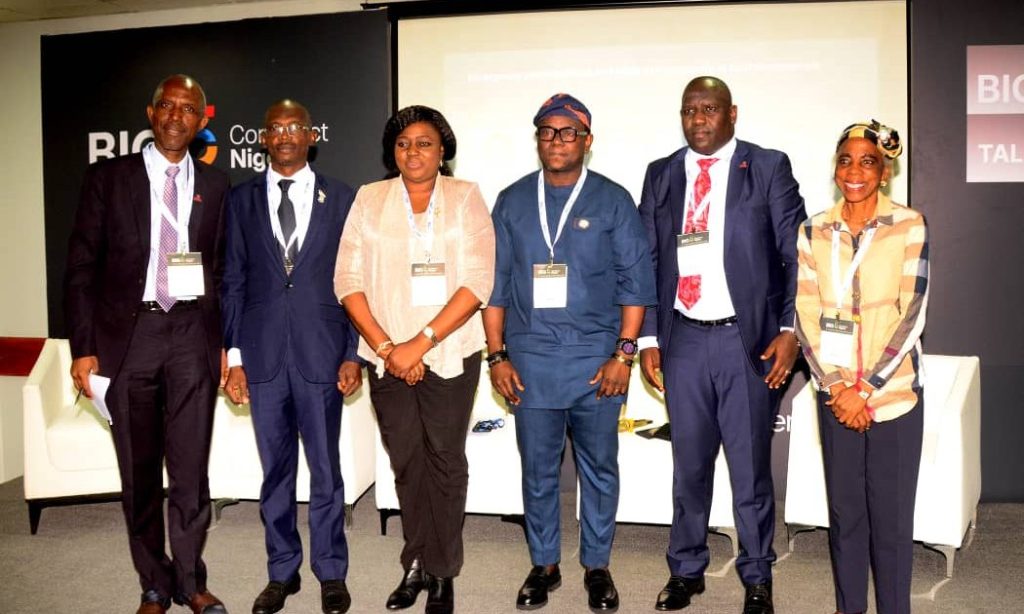In the recent colloquium organized by the International Facility Management Association, Nigeria Chapter, Modupe Odude, the Managing Director of Benign Space, highlighted the crucial role technology plays in the development of greener and more efficient buildings. He pointed out that by integrating advanced technologies, including smart thermostats, energy-efficient lighting, and solar panels, building owners can significantly lower their environmental impact while optimizing energy consumption. Odude emphasized that technology is not only pivotal for ensuring sustainable building management but is also capable of transforming efficiencies within the built environment, ultimately leading to reduced environmental footprints and enhanced operational performance.
Odude elaborated on how technological solutions serve dual purposes: enhancing sustainability and generating long-term cost savings while improving indoor air quality. He asserted that technology could be applied throughout the entire lifecycle of a building—from design and construction to maintenance and operations. Building information modeling (BIM) software was cited as a transformative tool enabling stakeholders to visualize and analyze designs effectively, allowing for the identification of potential issues early in the process. This proactive approach aids in making informed decisions that enhance the overall sustainability of buildings.
Furthermore, Odude spoke about the significance of employing data-driven strategies to optimize resource utilization. By gathering real-time insights from various building systems regarding energy consumption, water usage, and environmental conditions, facility managers gain the ability to pinpoint areas that necessitate improvement. This not only allows for targeted measures to reduce carbon footprints but also supports optimized resource management across various systems. Through this data-centric approach, building managers are empowered to implement strategies that foster sustainability while improving overall operational effectiveness.
He also delved into the role of Internet of Things (IoT) devices in creating what he termed “smart buildings.” These devices facilitate the connection of different building components such as lighting, HVAC (heating, ventilation, and air conditioning) systems, and security systems, enabling remote monitoring and automated controls. This integration leads to predictive maintenance capabilities, enhancing operational efficiency and minimizing maintenance costs and disruptions. Odude believes that the convergence of technology with facility management practices allows for innovative strategies that address sustainability challenges actively and efficiently.
Echoing Odude’s sentiments, Samson Opaluwah, the chairman of the Council of Registered Builders of Nigeria, urged construction industry professionals to prioritize eco-friendly building practices. This call to action coincided with a workshop organized for members of the Nigerian Institute of Builders in Facilities Management. He specifically alluded to environmental crises experienced in Lagos and Ogun States, attributing them to climate change, and argued that the construction of green buildings could significantly mitigate these impacts. Opaluwah contended that investments in environmentally friendly structures would reduce carbon emissions that contribute to climate change and, consequently, help in addressing the severe consequences associated with it.
In conclusion, the emphasis from both Odude and Opaluwah on the integration of technology and green practices highlights an essential shift in the construction and facility management industries toward sustainable development. By leveraging advanced technologies and focusing on eco-friendly construction methods, stakeholders are encouraged to play a proactive role in combating climate change. The discussion underscores that adopting these strategies not only contributes to a sustainable future but also enhances operational efficiencies and reduces costs, presenting a comprehensive approach to building management that is both economically viable and environmentally responsible.














